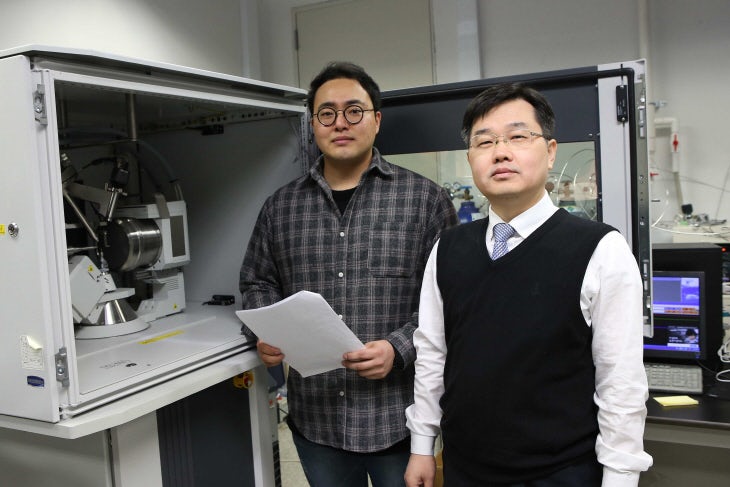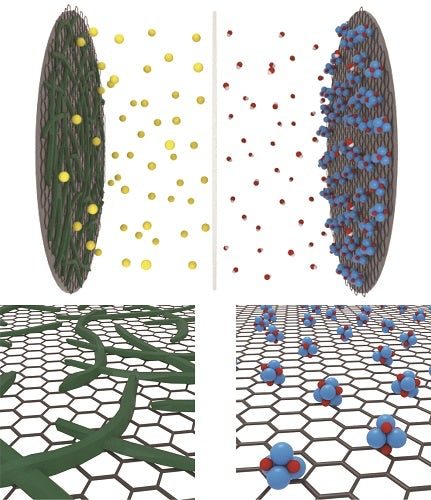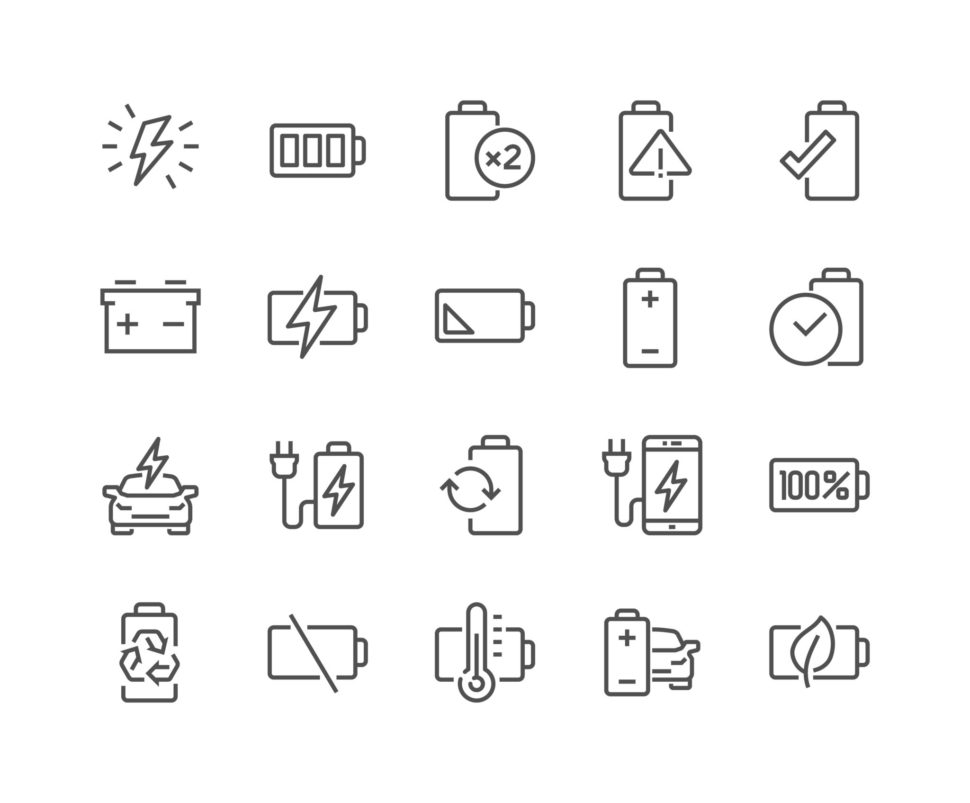Korean researchers have allegedly created a hybrid aqueous battery that can be fully charged in under 30 seconds.
Researchers from the Korean Advanced Institute of Science and Technology in South Korea have developed a hybrid aqueous battery that is said to be stable, safe and boasts of high power densities it could be recharged in as little as 20 seconds.
Yes, you read that right.
That’s a battery that won’t take you an hour–or even a minute–to charge. Just imagine all the new possibilities this innovation opens for all kinds of battery-operated devices.
The said energy storage device reportedly runs on an aqueous electrolyte perfect for portable electronics that require frequent energy boosts like smartphones and tablets. While this concept is nothing new, previous attempts to create such cell resulted in low-powered devices that have short working lives.
Apparently, the water-based solution used in an aqueous battery limits the voltage range between the two points where the electrons are being transferred, resulting in the anode’s quick deterioration. This led the Korean researchers to create a hybrid aqueous battery made up of reinforced and specially designed materials.

The Hybrid Aqueous Battery
In a study published in the journal Advanced Energy Materials, the researchers explained how they came up with the hybrid aqueous battery.
Dubbed as the aqueous hybrid capacitor (AHC), this power storage device is said to be a combination of a battery and capacitor. It allows electrodes to store their energy electrochemically as an electrostatic charge.
The researchers utilized specially-designed anode and cathode to sandwich the liquid electrolyte. For the anode, they used polymer chain materials based on graphene which in turn gives the battery a high surface area.
On the other hand, the cathode material is said to be made up of nickel oxide nanoparticles which are embedded in graphene.

With these materials, the hybrid aqueous battery can store more power. What’s more, the battery has a faster energy exchange as compared to other aqueous cells around today.
Furthermore, the web of tiny carbon fibers on the anode allows the electrons to be transferred more efficiently through the water-based solution. This gives the hybrid battery over a hundred times power density than previous devices while sustaining its capacity for over 100,000 charges.
“This eco-friendly technology can be easily manufactured and is highly applicable,” Jeung Ku Kang, a Korean chemist from KAIST, said. “In particular, its high capacity and high stability, compared to existing technologies, could contribute to the commercialization of aqueous capacitors.”
The hybrid aqueous battery could be charged within 20 to 30 seconds using low-powered charging systems like a USB switching charger or a flexible photovoltaic cell.
Nevertheless, this kind of power storage device may take some time to out-compete lithium-ion batteries. The researchers are confident that it will find a place in future portable technology because it’s safer and cost-efficient.



















Comments (0)
Most Recent